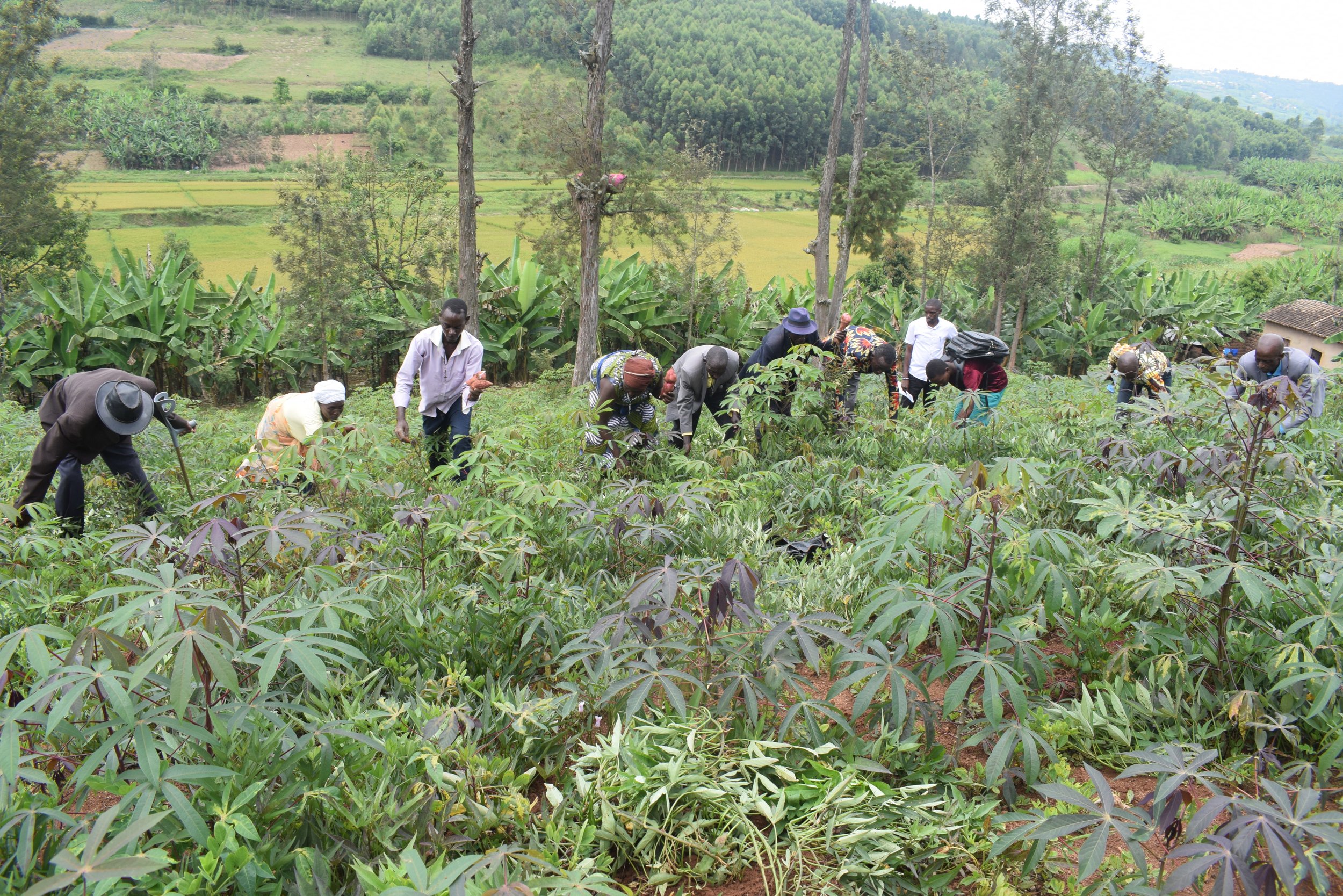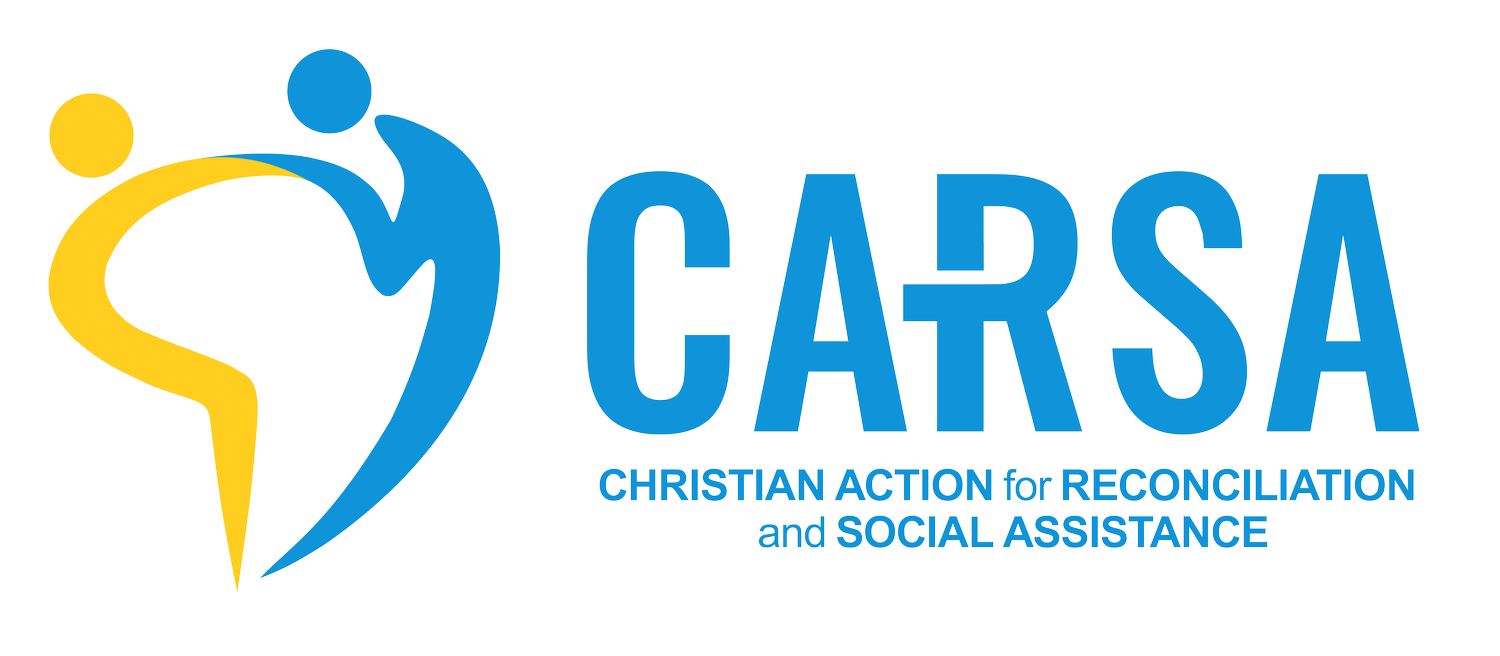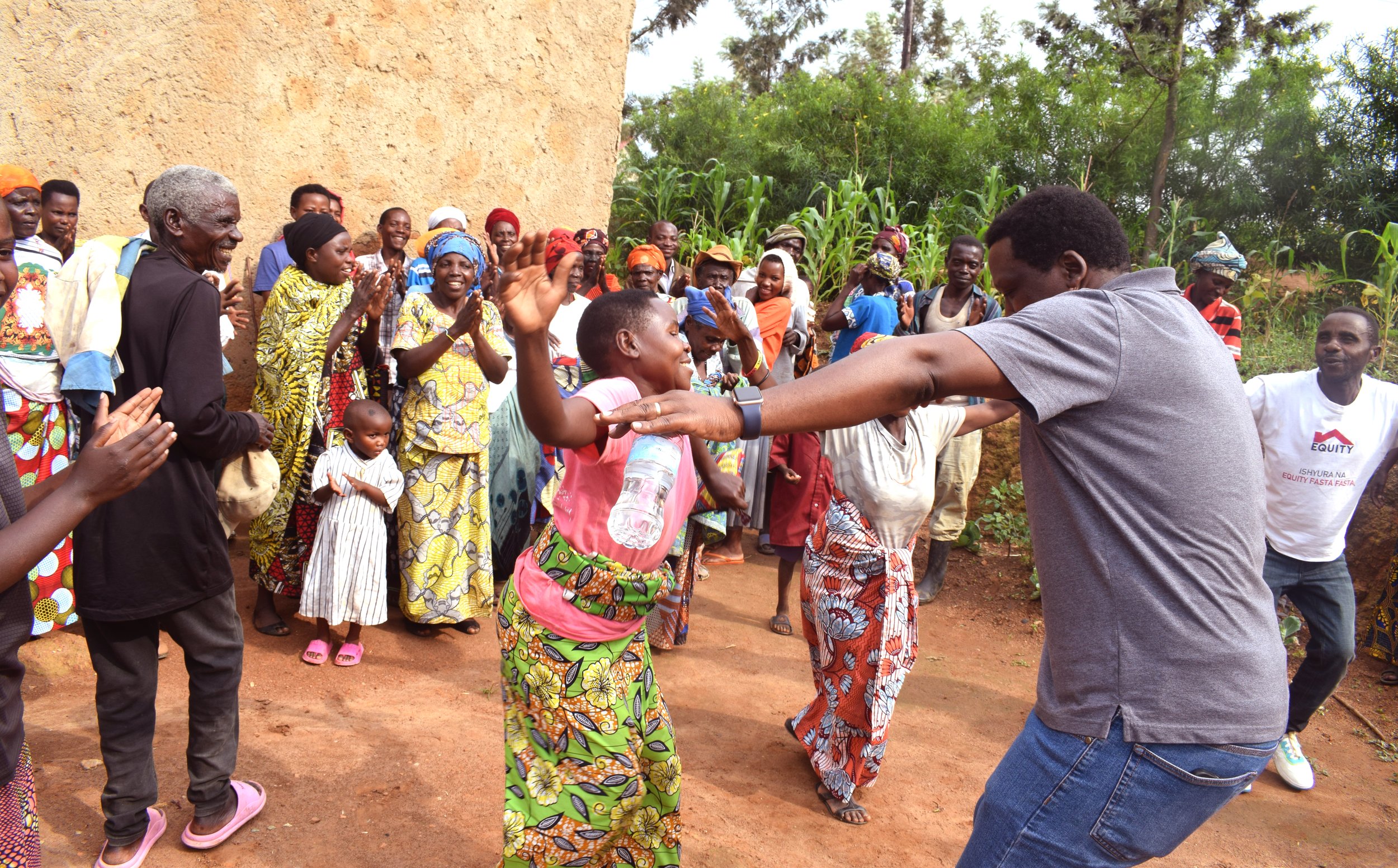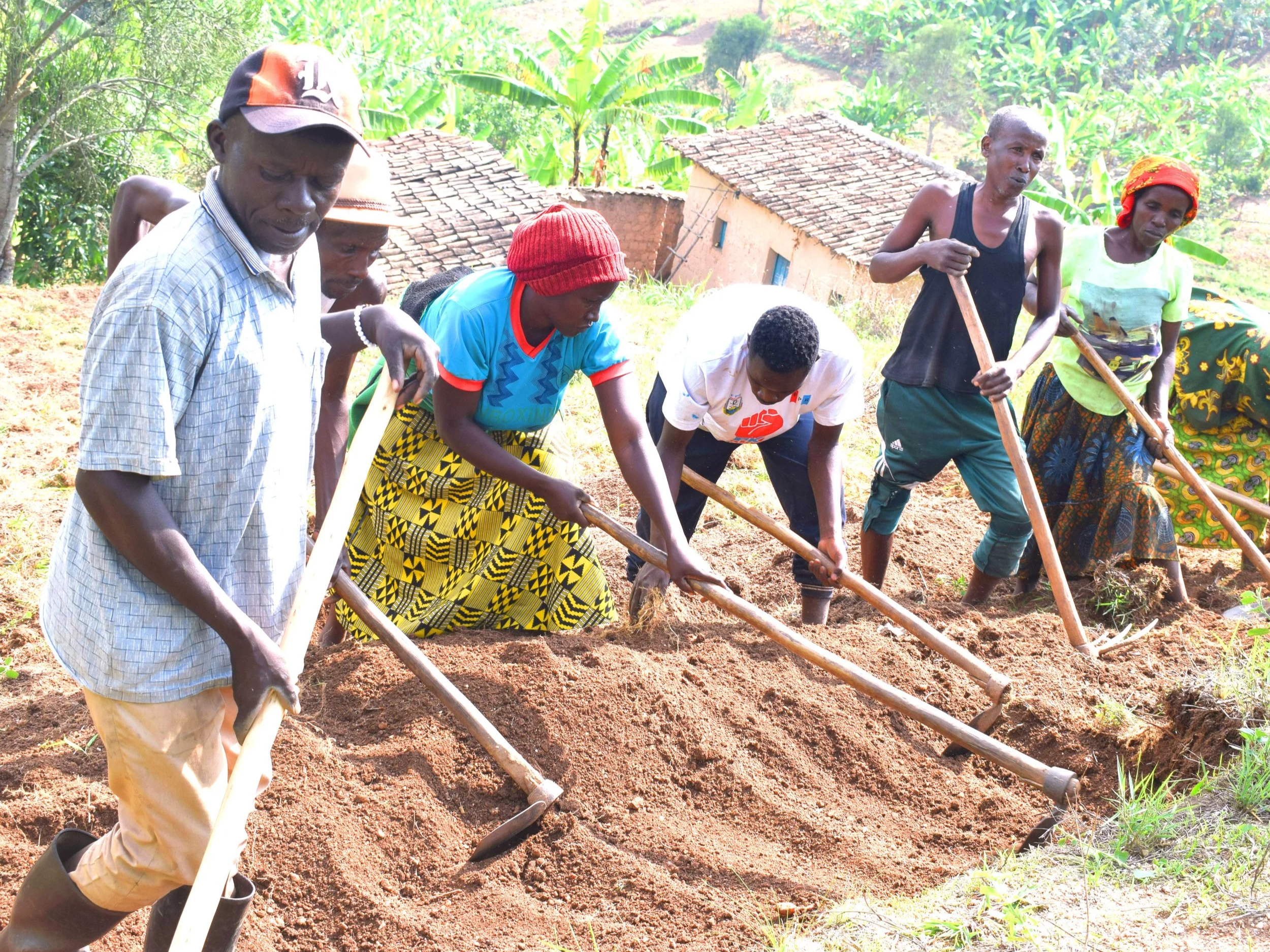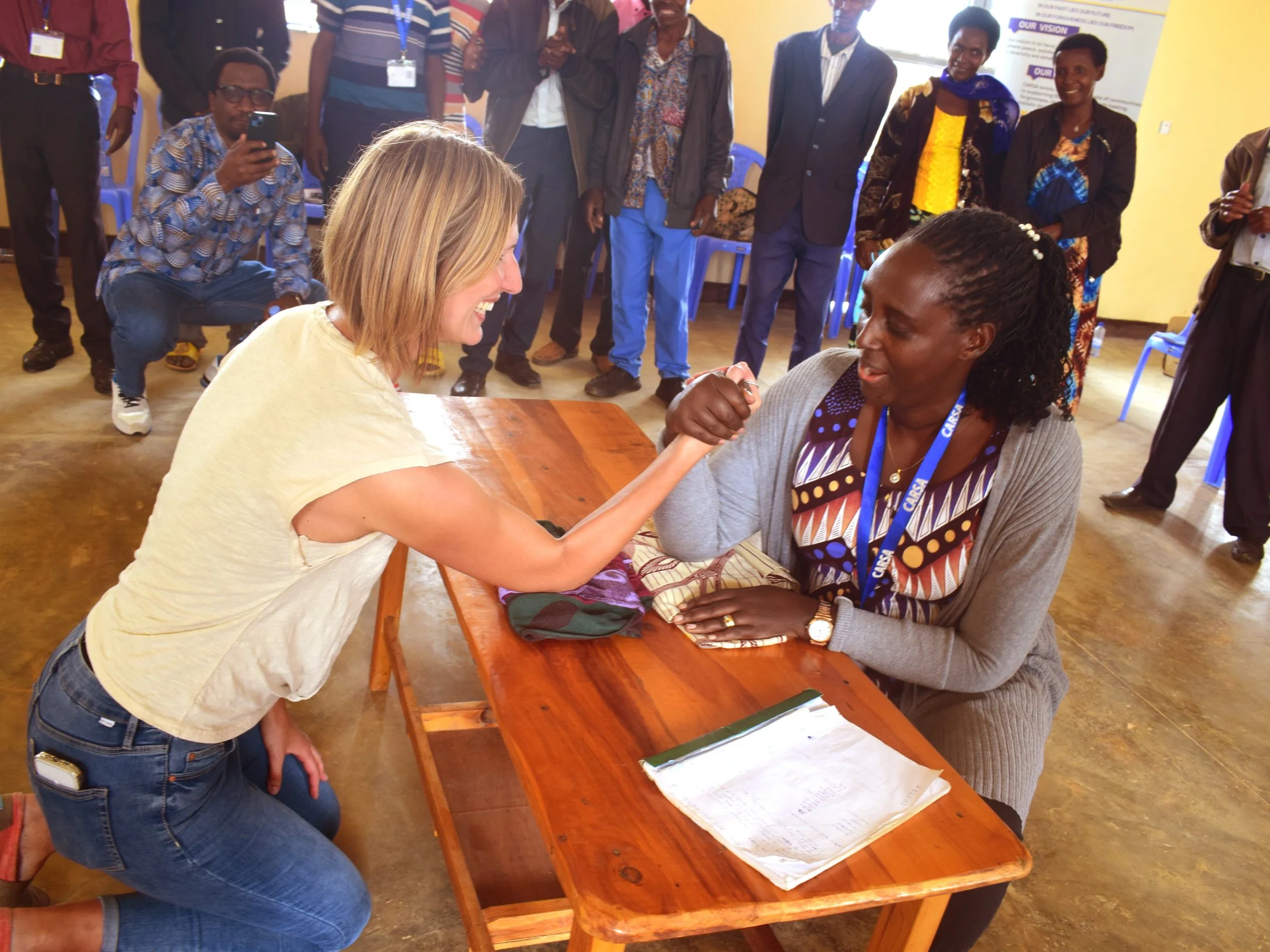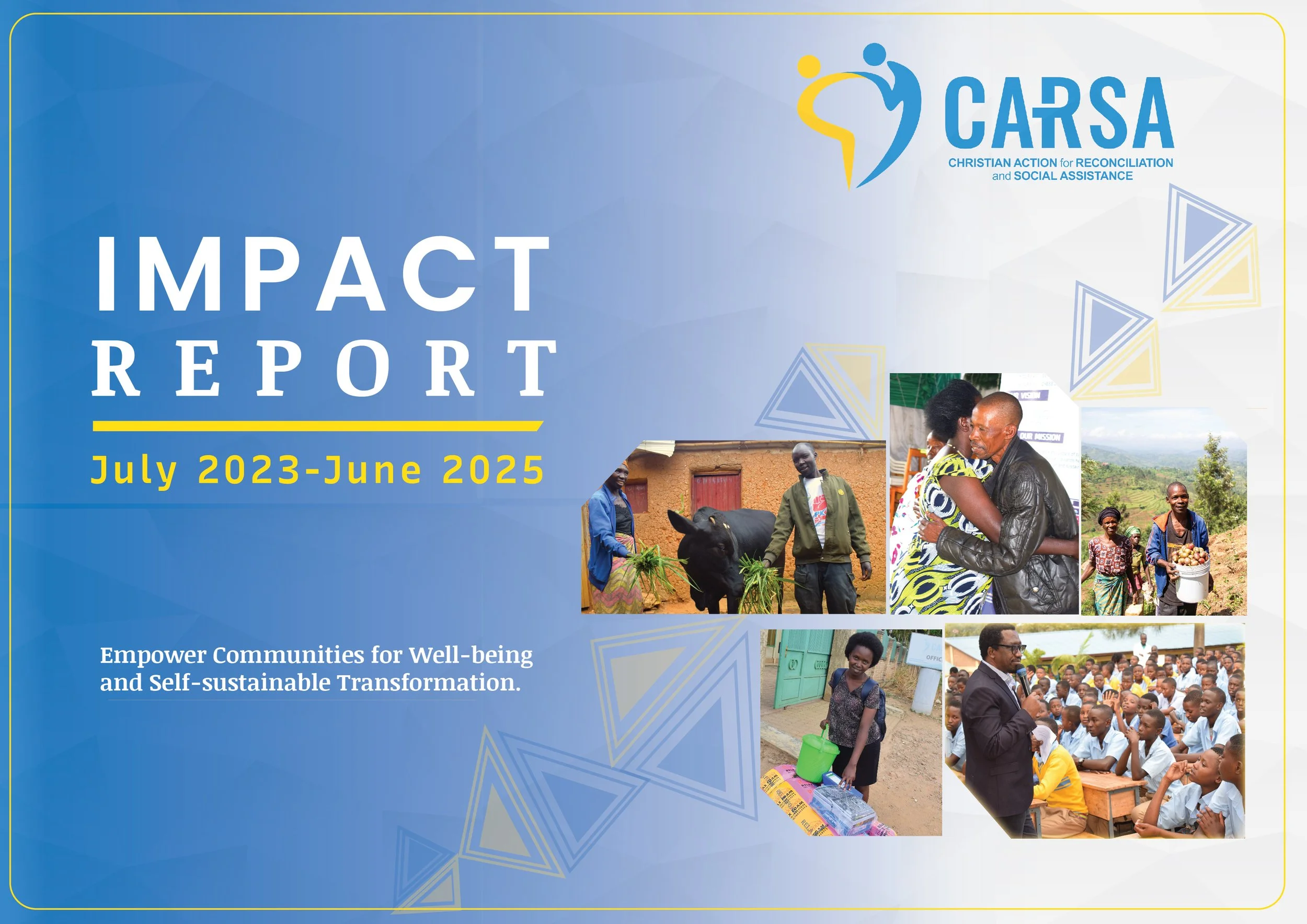Restoring Hearts.
Rebuilding Hope.
Renewing Communities.
We are passionate about having a society where holistic peace, solidarity, and unity in diversity are established.
Empower Communities
Help communities heal, rebuild, and thrive through peace and reconciliation.
What we do
Christian Action for Reconciliation and Social Assistance (CARSA) is a faith-based organization committed to promoting unity, reconciliation, resilience, and participatory development in Rwanda’s post-genocide context.
Our approach is one of going deep with communities for long-term sustainable transformation that goes beyond surface-level changes. We have therefore chosen to focus on two key districts, engaging with communities in Kamonyi and Muhanga.
Find out more
Find out more about CARSA, our vision & mission statement, our approach and programs, and meet our team, board of directors, and partner organizations.
Read stories of CARSA’s work to build resilience and promote reconciliation in communities.
Learn about the ways you can get involved through donation, prayer, and visiting.
Our Work in 2023-2025
It is with heartfelt gratitude that we present CARSA’s Two-Year Impact Report (2023–2025). Over the past two years, we have witnessed a remarkable transformation in our communities as healing, reconciliation, and renewed hope have taken root in places once marked by deep pain and division.
Through your faithful support, whether in prayer, partnership, or financial giving, more than 3,000 individuals have been reached through workshops, dialogues, and support groups. Survivors and former perpetrators have come together in courage and forgiveness, youth have risen as peacebuilders, and local leaders are embracing restorative justice as a path to lasting peace.
